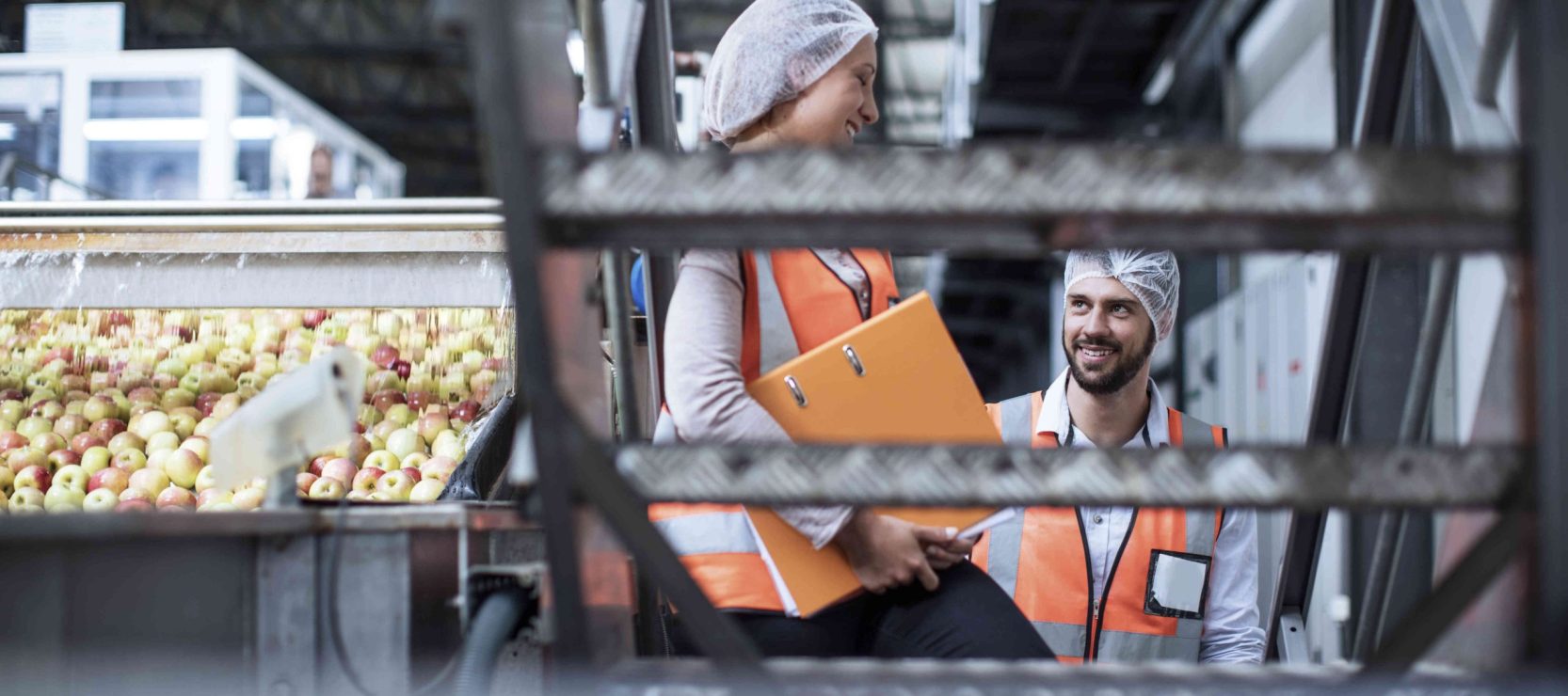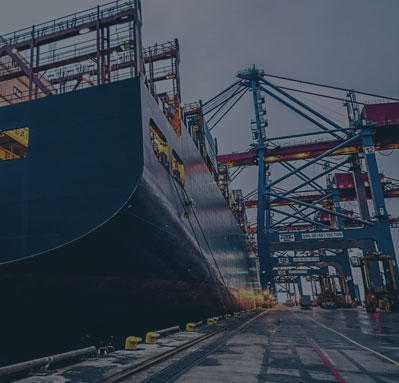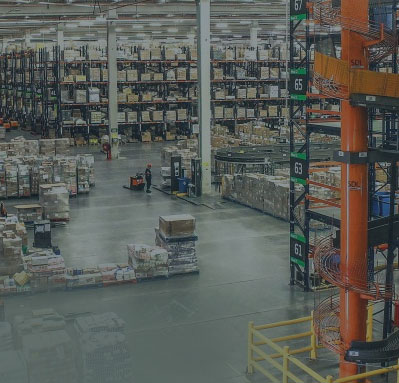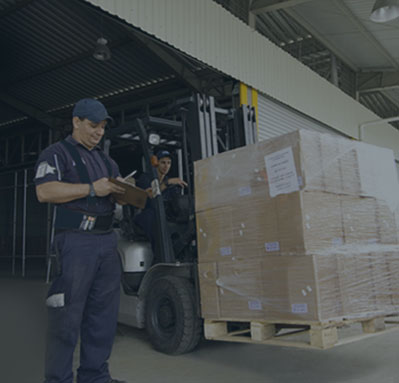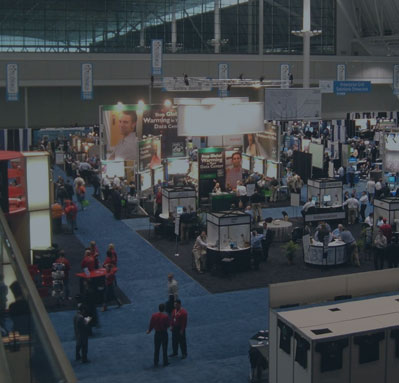Welcome to Dubai’s dynamic food import scene, a landscape marked by rigorous regulations and constantly shifting market trends. For businesses keen on diving into this lucrative yet complex domain, understanding how to maneuver these challenges cost-effectively is key. This guide is crafted to demystify these intricacies, offering you actionable insights on importing food economically.
At the heart of this journey, Cargoline emerges as more than just a logistics provider; we position ourselves as your strategic ally. With our deep understanding of Dubai’s unique market requirements and regulatory landscape, we tailor solutions that optimize your shipping processes. Our goal is simple: to facilitate your smooth and successful entrance into Dubai’s thriving food market. With Cargoline, you’re not just importing goods; you’re building a pathway to profitability and success in one of the world’s most vibrant economic centers.
Understanding Dubai’s Food Import Regulations
Before embarking on your import journey, it’s essential to understand Dubai’s food import regulations. These regulations are enforced by the Dubai Municipality and are designed to ensure that all food products entering the market meet high safety and quality standards.

Compliance
Compliance with local standards is critical to importing foods in the most economical way. The UAE has specific safety and quality standards that all imported food products must meet. It’s crucial to ensure your products comply with these standards to avoid any legal complications or rejections upon arrival.
While the exact standards can vary depending on the type of food product, some common requirements include:
- Food Labeling: All imported food products must have clear labeling, which includes information in both Arabic and English. Labels should display ingredients, nutritional information, expiry or best before dates, the country of origin, and any other information relevant to consumers.
- Product Ingredients: The UAE has strict regulations regarding permitted and prohibited ingredients. It’s important to ensure that food products do not contain any substances that are banned in the UAE.
- Shelf Life: Imported food products must have a sufficient shelf life remaining at the time of import. The UAE authorities may reject food items that are close to their expiry date.
- Halal Certification: For products like meat and poultry, Halal certification is often required, confirming that the products have been processed in accordance with Islamic law.
- Health and Safety Standards: The products must adhere to international and UAE-specific health and safety standards. This includes ensuring that food items are free from contaminants and are processed and handled in a sanitary manner.
- Quality Control Tests: Upon arrival, food products may be subjected to quality control tests to confirm that they meet the required safety and quality standards.
- Packaging Standards: The packaging of food products must meet certain standards to ensure that it doesn’t contaminate the food and is suitable for the UAE’s climate, which can be extremely hot.
- Traceability: There should be a system in place for traceability, enabling authorities to trace the origin of the food product, its processing, and distribution stages.
- Nutritional Content: Certain food products must comply with regulations regarding their nutritional content, especially those labeled as health or dietary foods.
- Pesticide Residues and Additives: The levels of pesticide residues, additives, and preservatives in food products are regulated and must be within the acceptable limits set by UAE authorities.
Certifications
Obtaining necessary health and quality certifications from recognized authorities is another critical step. These certifications prove that your products are safe for consumption and meet the required quality standards. It’s advisable to familiarize yourself with the specific certifications required for your product category.
Mastering Supplier Selection: A Key to Cost-Effective and Quality Food Importation
Choosing the Right Supplier
The cornerstone of a successful import strategy lies in the art of choosing the right suppliers. This critical decision not only determines the quality of your products but also influences your overall cost-effectiveness. Opt for suppliers who offer a harmonious blend of high-quality products and reasonable pricing. Remember, the lowest price tag isn’t always synonymous with the best value. Compromising on quality can lead to long-term repercussions, including customer dissatisfaction and potential compliance issues.
Ordering in Bulk
Embracing bulk purchasing can be a game-changer in achieving cost efficiency. Many suppliers provide attractive discounts for large volume orders, presenting an opportunity to reduce the per-unit cost significantly. However, this approach necessitates careful planning. Ensure you have the capacity in terms of storage facilities and a well-orchestrated inventory management system to handle and maintain large stock quantities effectively.
Location Matters
Another crucial factor in your supplier selection process is their geographical location. Suppliers situated near major shipping lanes to Dubai can be a strategic choice, potentially leading to substantial savings in transportation costs. The proximity to key logistics routes not only cuts down on freight charges but can also contribute to shorter delivery times and fresher products upon arrival.
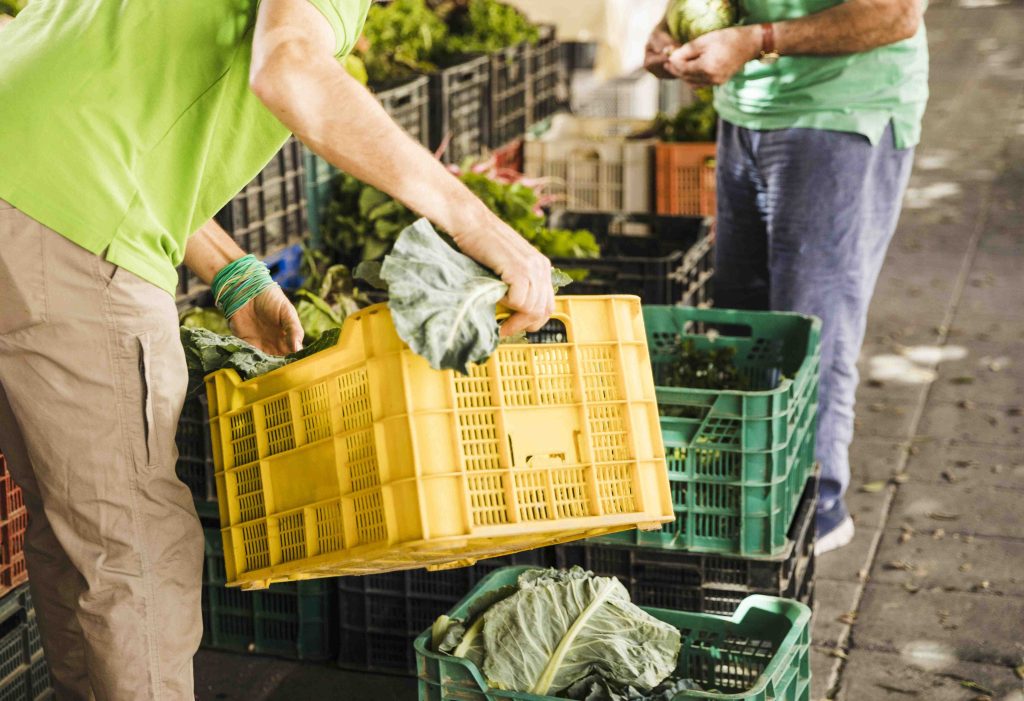
Efficient Logistics Management
Achieving cost efficiency in food importation hinges on the sophistication of your logistics management. This involves a meticulous selection of the most economical and effective shipping routes and methods. Additionally, establishing a partnership with a seasoned logistics firm like Cargoline can unlock a realm of optimized and custom-fit logistical solutions.
Tailoring Shipping Routes and Methods for Optimal Efficiency
The key to streamlined logistics lies in evaluating and comparing the array of shipping options available. Each method – be it air, sea, or land – presents its unique balance of speed, cost, and reliability. Your choice should align with the specific needs of your products. For example, while sea freight often emerges as a cost-effective alternative to air freight, it necessitates a longer transit time. Thus, making an informed decision requires a careful analysis of these factors in relation to the nature of your products and market demands.
Harnessing the Power of Consolidation for Cost Reduction
One often overlooked strategy in logistics management is the consolidation of shipments. By amalgamating multiple product shipments into a single consignment, you can significantly trim down the per-unit shipping costs. This approach is particularly beneficial when dealing with various products destined for the same market. It not only simplifies logistics but also contributes to a more environmentally friendly footprint by reducing the number of trips required.
In essence, by adopting a strategic approach to logistics management, encompassing the careful selection of shipping methods and the intelligent consolidation of shipments, you can significantly enhance the cost-effectiveness and efficiency of your food importation process. Partnering with a logistics expert like Cargoline further amplifies these benefits, ensuring a smooth, timely, and cost-effective delivery of your products to the dynamic Dubai market.
Partner with a Reliable Logistics Company
Choosing a logistics partner experienced in shipping to Dubai can make a huge difference. They can provide valuable insights into the most efficient shipping routes and methods for your specific products and requirements. Cargoline, with its expertise in Dubai’s import landscape, can be an excellent partner in this regard. They can handle the logistics complexities, allowing you to focus on your core business activities.
Navigating Customs Clearance in Dubai
Customs clearance in Dubai can be complex, but a thorough understanding of the process can save time and money.
Understand Tariffs and Taxes
Researching the correct tariff codes for your food products is crucial to avoid overpaying on import duties. Each product has a specific code, and getting this wrong can be costly. Familiarizing yourself with VAT and how it applies to your imports is also important. VAT can add a significant cost to your products, so it’s essential to account for this in your pricing strategy.
Streamline the Customs Process
Ensuring that all your documents are accurate and complete is crucial for a smooth customs process. Errors or omissions in documentation can lead to delays and fines. Working with a customs broker can be highly beneficial. They have the expertise to navigate the customs process efficiently, ensuring that your products clear customs quickly and without issues.
Leveraging Technology for Cost-Efficiency
Incorporating technology can lead to significant cost savings in the importation process. Utilizing inventory management systems can help you track stock levels, predict demand, and reduce wastage. This is particularly important for perishable goods where shelf life is a key consideration.
Additionally, digital platforms can be invaluable for market research and finding competitive suppliers. They provide access to a wide range of suppliers and can help you compare prices and quality to find the best deals.
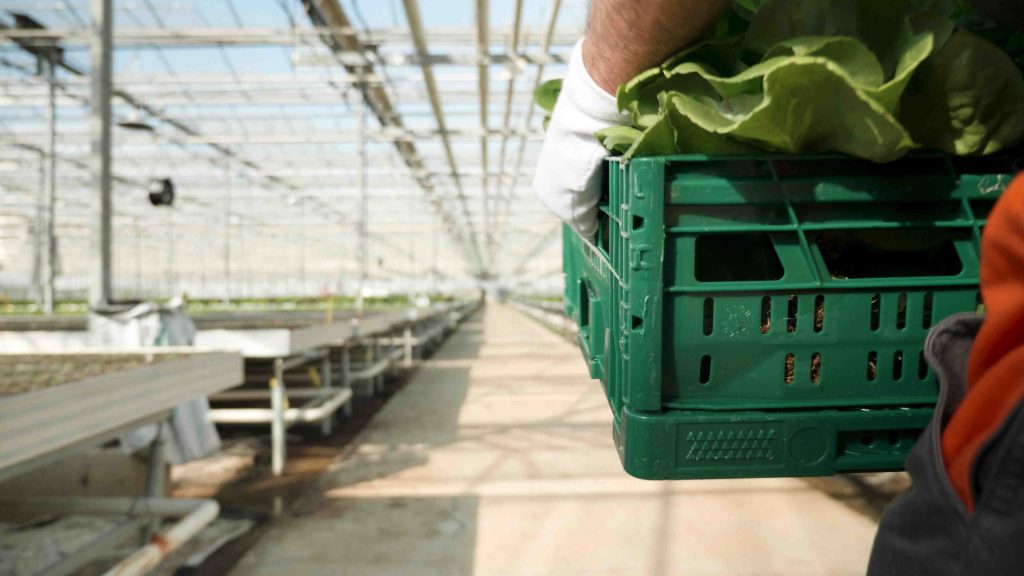
Building Relationships in the Local Market
Developing strong relationships within the local market can lead to long-term cost savings and business opportunities.
Network and Collaborate
Joining local trade associations can provide valuable networking opportunities and insights into the local market. These associations often host events and workshops that can be excellent for meeting potential partners and staying informed about market trends.
Partnering with local businesses can also be beneficial. This could involve sharing logistics costs or collaborating on marketing efforts to increase your presence in the market.
Staying Informed and Adaptable
The food import market is constantly changing, so it’s important to stay informed and adaptable. Monitoring market trends and fluctuations can help you anticipate changes in demand or pricing, allowing you to adjust your strategy accordingly.
Attending industry events, such as trade shows and conferences in Dubai, is a great way to stay informed about industry developments and make valuable business contacts.
Partner with Cargoline for Seamless and Cost-Effective Food Importation in Dubai
Importing food into Dubai in the most cost-effective way requires careful planning, an understanding of local regulations, efficient logistics, and strong market relationships. By following the tips outlined in this guide, you can reduce costs, navigate the complexities of the market, and position your business for success.
If you’re looking to take your food import business to the next level in Dubai, Cargoline is your ideal partner. With our expertise in efficient and cost-effective logistics solutions, we are well-equipped to assist you in every step of the import process. Contact Cargoline today to explore how we can tailor our services to your unique needs, helping you succeed in the dynamic Dubai market.
Join us on this exciting journey, and let Cargoline serve as your gateway to successful food importing in Dubai.
